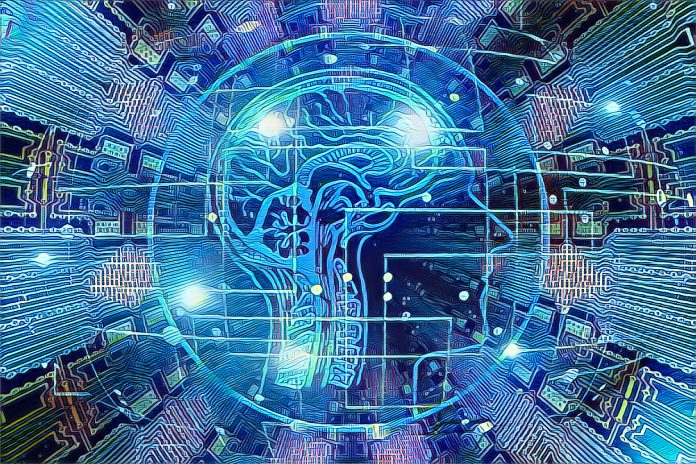Nigeria is growing interested in Artificial Intelligence (AI), a technology that enables machines to perform tasks that normally require human intelligence. According to Google, an American technology giant, Nigerians have searched for AI more than ever in 2023 so far, with a 310 percent increase since last year and a staggering 1,660 percent rise in the last five years.
Google’s new search trends reveal that Nigerians’ most common questions about AI are what it is, how it works when it started, and how it will affect their jobs. The trends also indicate that Nigerians are curious about the potential applications of AI in various fields, such as healthcare, education, agriculture, and security.
AI is a broad term that covers different aspects of machine learning, natural language processing, computer vision, and robotics. It uses complex algorithms that allow computers to learn from data and experience and to perform tasks such as recognizing objects, translating languages, diagnosing diseases, and making predictions.
AI has its roots in the 1950s when British mathematician Alan Turing proposed the idea of computing machinery and intelligence. The term ‘Artificial Intelligence’ was coined in 1956 during a research project at Dartmouth College in the United States. Since then, AI research has advanced rapidly, especially in the past two decades.
AI has many benefits and challenges for society. It can help solve problems humans cannot, such as detecting natural disasters, preventing spam, and forecasting floods. It can also improve productivity, efficiency, and innovation in various sectors. However, it can also pose risks such as spreading misinformation, violating privacy, and displacing workers.
Google’s Director of Investment Strategy for West Africa, Dan Gibson, said AI is the new electricity that will power the next wave of technological development. He said AI will create new jobs while automating repetitive tasks and enhancing creativity. He also said responsible development and regulation are essential to ensure that AI’s positive impacts outweigh its negative ones.
Nigeria has a rich history of producing AI pioneers, such as Dr. Tayo Ogunbiyi, the founder of ALi AI; Oyinlola Ogunsanya, the founder of PictureTel; Olaoluwa Osuntokun, the co-founder of Neutrino Vision; and Mujid Suleiman, the founder of Brandview. Nigeria also has a vibrant ecosystem of AI startups, researchers, and enthusiasts who are working on various projects and initiatives.
Recently, Nigeria’s National Information Technology Development Agency (NITDA) announced that it will establish an Institute for Artificial Intelligence Research at the University of Lagos with funding from Google. The institute will serve as a center of excellence to create awareness about AI in Nigeria and provide affordable access to AI solutions. NITDA also plans to set up an Innovation Centre in Abuja that will use AI technologies to address challenges in agriculture, education, health care, and infrastructure.
Nigeria’s interest in AI reflects its ambition to become a field leader and harness its potential for human and economic development. With proper investment, education, and collaboration, Nigeria can leverage AI to transform its society and achieve its vision of becoming one of the top 20 economies in the world by 2030.
Source: BusinessDay



